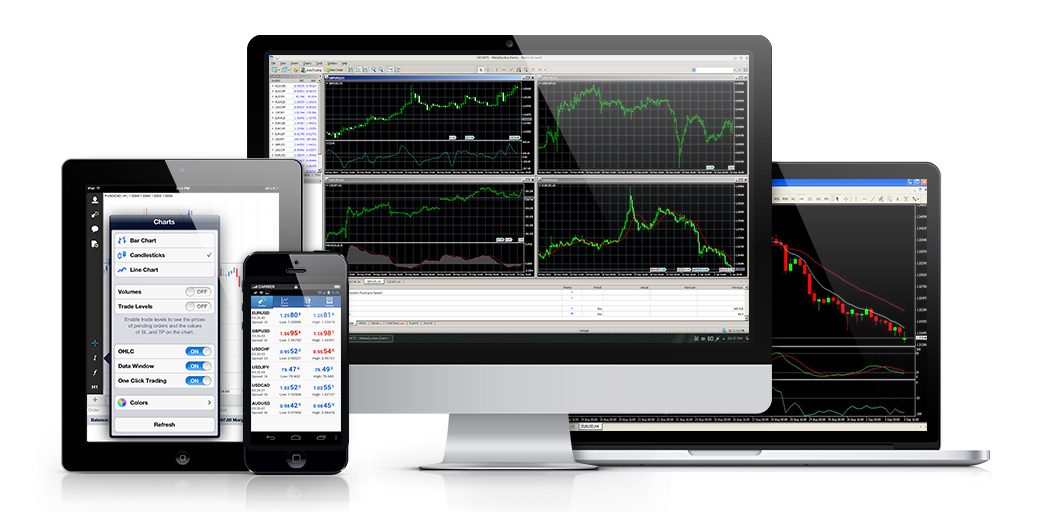With the majority of trading that is performed online, it’s important to select an online broker that will provide you with the safety and security you need. In addition, there are several other very important criteria which include brokers’ trading platforms, their execution techniques, commissions, spreads, leverage, deposits and withdrawals as well as their customer service.
Selecting a Broker
The online trading platform the broker provides is an important feature. You need a platform that meets your trading needs, whether you are a full-time trader or a part-time investor. Most reputable brokers offer a downloadable platform, either one they build or MT4/5. If the broker you choose developed their own platform, make sure that you take it for a test run before you deposit your capital. Brokers generally also offer a web-based platform that you can use with any browser in any location. Many times, these web-based platforms work in conjunction with your downloadable platforms. Lastly, if you are on-the-go, it’s helpful to have a mobile platform. A mobile app that shows positions and balances, as well as charts and the ability to transact, can be a very useful tool.
Commissions and Spreads
To make money, a broker will either charge a commission for each trade, or make their money as a market maker through the spread. A commission is a fixed amount that the broker charges for each transaction. The spread is the difference between the price where you can buy a currency or CFD and where you can sell it. Many brokers do not charge commission, which means you need to be very cognizant of the spread they charge.
Leverage and Margin
Many brokers offer clients margin accounts. These are accounts where you are lent money to purchase additional contracts or shares of the underlying instrument you are trading. The leverage that you receive allows you to enhance your earnings, but comes with risks. For example, a broker can offer leverage as high as 400-1. This means that they will lend you $400 for every dollar you use to purchase a security. So, if the cost of the security is $40,000, the broker will only ask you to post $100. If you make $50 on your trade, you have made a 50% return on your capital. While this is very attractive, there are significant risks. If you lose $50 you will have lost 50% of your capital. When you trade with margin you need to keep your account at a specific balance, which will avoid having your account fall into a deficit. When your account reaches a level where this could be a risk, your broker will request a margin call. If funds are not received in a timely fashion, your broker will liquidate your position.
Deposits and Withdrawals
Each broker has a different methodology for accepting deposit and withdrawal requests. Before you deposit your capital, make sure you are comfortable with their method. Additionally, you should perform some due diligence and make sure there are no negative comments about your broker and their ability to return your capital.
Summary
Customer service is also an important attribute. You want to make sure that your broker will respond in a timely manner either by chat, email or phone. Prior to risking capital, try to use demonstration money to transact trades. If you perform sufficient due diligence, you shouldn’t have a problem with your online trading broker.
